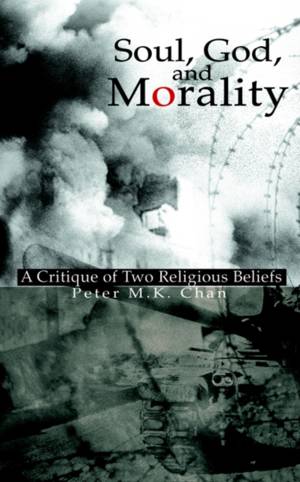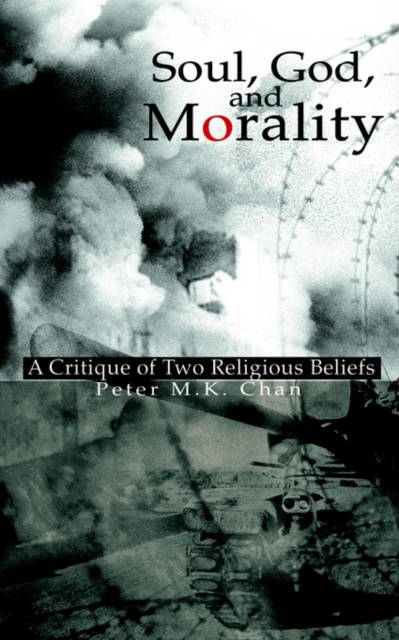
- Retrait gratuit dans votre magasin Club
- 7.000.000 titres dans notre catalogue
- Payer en toute sécurité
- Toujours un magasin près de chez vous
- Retrait gratuit dans votre magasin Club
- 7.000.0000 titres dans notre catalogue
- Payer en toute sécurité
- Toujours un magasin près de chez vous
19,45 €
+ 38 points
Description
Soul, God, and Morality is designed to take good care of two religious postulates: the existence of persons as souls in the hereafter, and the existence of God. Of the postulate, what the author offers is a well-structured and conclusive argument to show that a human being could not possibly be the composite of a body and a soul. Further, he contends that in view of what is known of correlations that exist between brain and mind, it is time for all to see that the soul theory in all its forms is explanatorily redundant. As to the existence of God and deities, the author argues that the only justifiable stance to take is to remain humbly and agnostically silent. He further argues that the ground of morality is naturalistic, and that the following question should now be recognized as relevant: What is the role of religion in an agnostic (with respect to the supernatural) and soul-less (or neuroscientific) world? All in all, what Soul, God and Morality offers is not just another critical Introduction to the Philosophy of Religion. Unlike the normal run of text, it is heavy footed on the soul theory, or the religious belief that the human mind is able to persist in the form of a disembodied soul into a spiritual hereafter. But the author also believes that with or without God, there is no excuse for not trying to be moral.
Spécifications
Parties prenantes
- Auteur(s) :
- Editeur:
Contenu
- Nombre de pages :
- 132
- Langue:
- Anglais
Caractéristiques
- EAN:
- 9780595322077
- Date de parution :
- 23-09-04
- Format:
- Livre broché
- Format numérique:
- Trade paperback (VS)
- Dimensions :
- 127 mm x 203 mm
- Poids :
- 149 g

Les avis
Nous publions uniquement les avis qui respectent les conditions requises. Consultez nos conditions pour les avis.






